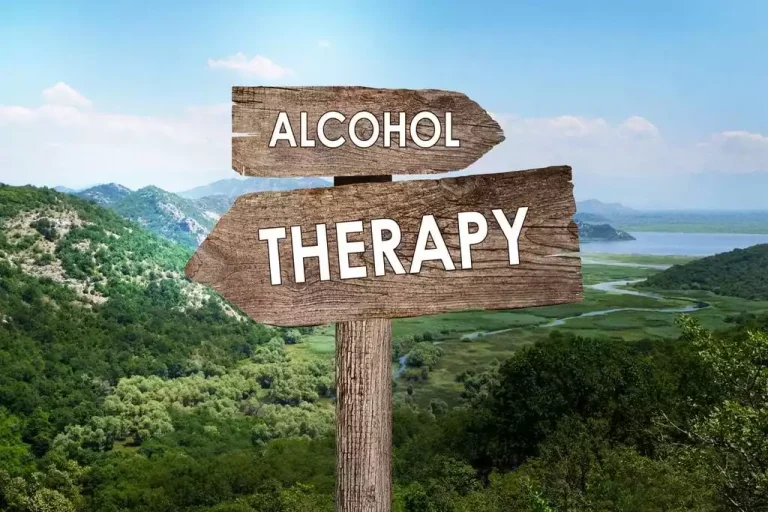Pill Esophagitis Explained: Symptoms, Causes, Treatment

Women and people with smaller body size tend to have a higher blood alcohol concentration when they consume the same amount of alcohol as someone larger. This is because there is less water in their bodies that can mix with the alcohol. The use of the substance slows down racing thoughts and makes worries seem less urgent. It does nothing to eliminate the source of the anxiety, however, and once the effects of the alcohol dissipate, the anxiety returns with a more pronounced effect.
Meet the Director: Helene M. Langevin, M.D., National Center for Complementary and Integrative Health
They are in pain and not thinking of the risk of drug interaction between OTC meds and alcohol. Cocaine and alcohol combined greatly increase the risk of a heart problem. The risk of heart attack is much higher when these two drugs are mixed together.
The Experience Blog

Prescription drugs have various side effects when taken alone, includingdrowsiness, nausea,changes in blood pressure and loss of coordination. There are also long-term side effects to prescription drug use that may include liver damage, internal bleeding and heart problems. “Do not drink alcoholic beverages while taking this medication.” You’ve alcoholism treatment probably seen this warning label on medication you’ve taken, and the label doesn’t lie. Even the combination of alcohol and over-the-counter medications can lead to severe health problems. If you take prescription painkillers regularly, you risk a dangerous drug interaction every time you drink alcohol.
Risks and Side Effects of Mixing Sleeping Pills and Alcohol
While mixingalcoholwith non-prescription drugs can potentially cause harm, there are even more hazardous results when someone combines prescription painkillers with alcohol. Aspirin, sold under various brand names, can also cause stomach bleeding and poses an additional risk when mixed with alcohol. This happens because aspirin interferes with the action of an enzyme called alcohol dehydrogenase that is found in the stomach lining.
Sleep medications and the elderly
- Combining a medicine that acts on the brain with alcohol may make driving a car or operating heavy machinery difficult and lead to a serious accident.
- Both are depressants and synergistically work to depress or slow down the central nervous system.
- Alcohol can also alter the pathway of how a medicine is broken down, potentially creating toxic chemicals that can cause serious liver complications.
- One ingredient in some cough suppressants called dextromethorphan (DXM) can be especially dangerous because it can cause extreme sedation and respiratory depression.
Older patients may experience greater side effects from sleep medications. Treatment for polysubstance (multiple drug) addiction is available on both an inpatient and outpatient basis. If you manage your high blood pressure with prescription medication, saying no to alcohol is extremely important. Because the body’s ability to break down alcohol worsens with age, alcohol stays in the body longer.

Harmful Interactions

We invite healthcare professionals what happens when you take pills with alcohol to complete a post-test to earn FREE continuing education credit (CME/CE or ABIM MOC). This continuing education opportunity is jointly provided by the Postgraduate Institute for Medicine and NIAAA. More resources for a variety of healthcare professionals can be found in the Additional Links for Patient Care.
- But the NIAAA also cautions that combining these prescription-strength sleep aids with alcohol could also lead to impaired motor control, unusual behavior, memory problems, and slowed or difficult breathing.
- For over 20 years Dr. Umhau was a senior clinical investigator at the National Institute on Alcohol Abuse and Alcoholism of the National Institutes of Health (NIH).
- Drowsiness and dizziness are common side effects of medications used to treat allergies, colds, and the flu.
- It is available by prescription only from an authorized healthcare provider.
- Facilities like The Recovery Village provide treatment options for a variety of substance use disorders, including those involving alcohol and prescription drugs.
It, too, should not be used with alcohol due to liver damage and drowsiness risk. Since people assigned male and female at birth have differences in body chemistry, they may absorb and metabolize alcohol at different rates. After drinking the same amount, people assigned female at birth tend to have higher blood alcohol levels than their male counterparts. Determining whether you can take medicine before or after drinking alcohol can depend on several factors. The Do Not Drink Alcohol label should be taken seriously to avoid the possibility of dangerous, or even deadly, drug interactions. The side effects can include dizziness, drowsiness, difficulty concentrating, and impairment in thinking and judgment.